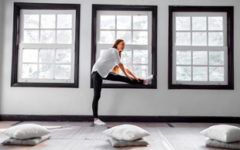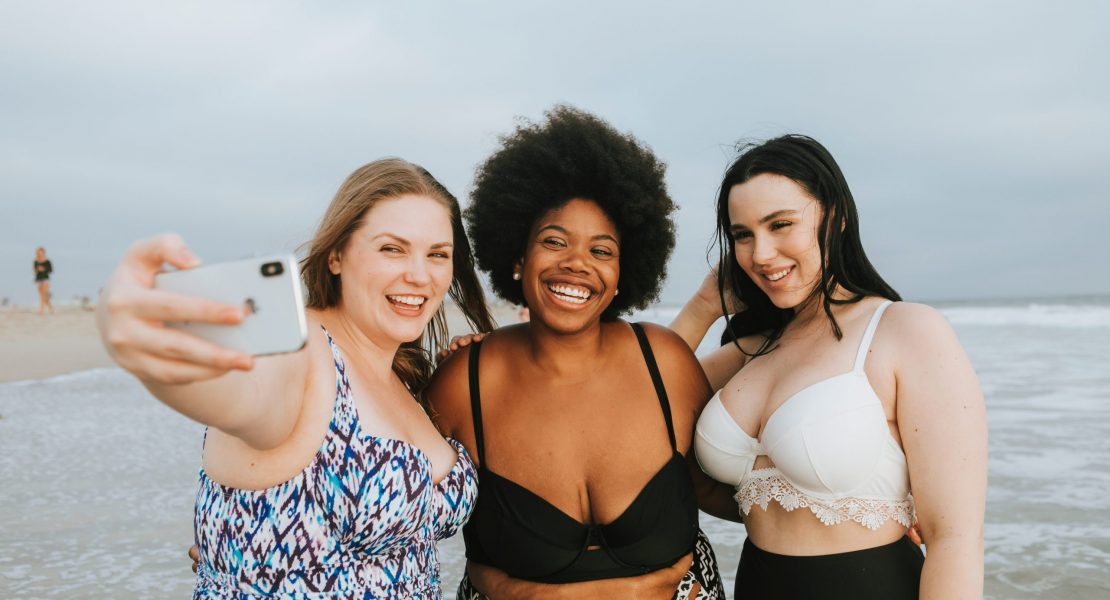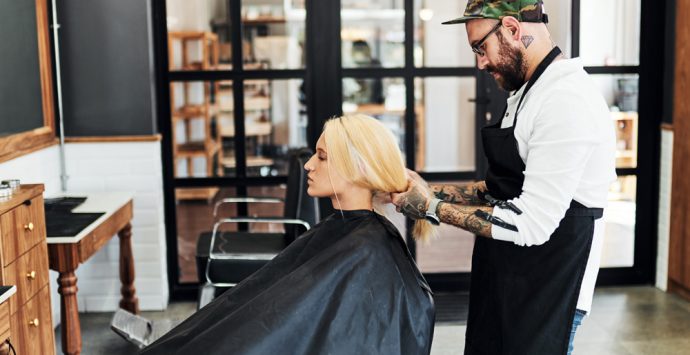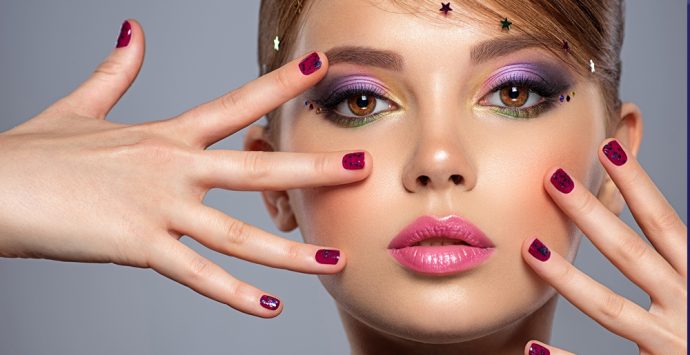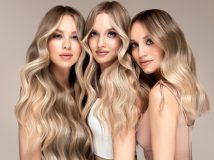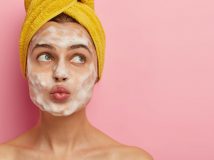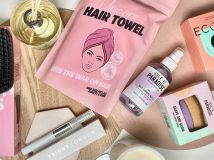
With summer just around the corner, jackets, jumpers and baggy sweatpants make a swift exit, and we may spend more time in swimwear or wearing less concealing clothes like t-shirts, skirts or shorts. Some of us are terrified by this change in season and potential change of wardrobe.
In a 2018 study conducted by Mission Australia, it mentions that a whopping 41.5% of Aussie girls are concerned with their body image. That is nearly half of the population concerned with their body image!
If we all ate the same and did the same amount of exercise, none of us would look alike. So many factors are taken into the difference of bodies, for example; Metabolism, Genetics and How that specific body takes in nutrition.
So why the concern or discomfort with body image? We spoke with Sarah McMahon, Director and phycologist of BodyMatters Australasia and asked her this exact question.
Why is this?
“Body image is consistently one of the biggest areas of concern for young Australians, and the Mission Australia study reveals this year after year. There are so many factors contributing to it, and this could be summarised as the “promotion of the thin ideal” which penetrates all aspects of Western culture. Unfortunately, even in social media, young people often doctor their appearance on readily available Apps to “look better”- constructing and curating a false reality. This behaviour is hazardous because in doing so, young people usually feel good about the images they post; however, the behaviour itself serves to reinforce the said beauty ideal, ultimately making them feel worse.”
Sarah says.
How can we challenge this?
This view is a frightfully common one. But it is not necessarily all doom and gloom in having it stay that way. By taking steps intrinsically challenging what is considered a ‘normal’ body, you are making amazing progress.
“A great start would be to have a bigger range of representation of bodies in the media. However, there are lots of things that we can do even if media representation does not change.
I would argue that we need to be doing these things for media representation to change. We need to start to appraise the images that we are seeing critically. We also need to start to talk back to advertisers promoting these images, which sends an important message to them but also builds our cognitive dissonance. Finally, we need to be disciplined not to change our appearance to conform to beauty ideals and recognise this behaviour as part of the problem.”
Sarah Says.
Yes, this will be hard! Unfortunately, we can’t wave a magic wand and eliminate these structures and thoughts ingrained into us from a super young age. We asked Sarah for some suggestions and ideas on what to do in specific situations, especially in the warmer seasons. Check them out below.

Things to consider when:
-
You have gotten a brand spanking new bikini and are going to wear it the next day out with mates. You are nervous
“It may feel bold and uncomfortable, and certainly counterintuitive but actually just embracing a bikini (or chosen swimsuit attire) and wearing it in public is one of the most revolutionary things you can do to reduce body shame at the beach.”
-
Your inner critic is still giving yourself a hard time on how you’re looking in your fresh bikini:
“Building self-compassion can be really helpful to change our inner critic from something that is potentially dangerous to us to something that helps us be kinder to ourselves.”
Sarah says, She also shared a beneficial work from Body Matters. You can access it HERE.
-
A good mate of yours is letting their inner voice out and makes a joke about how their body looks negatively:
“Fat talk, body shaming and diet talk are, unfortunately, mainstream lexicon. It’s quite natural to challenge that by saying “you’re not fat/ ugly/ (insert negative descriptive word)”. However, this is problematic. The belief is often real for the person, and therefore no amount of persuasion will change their mind. Providing reassurance is actually demonstrated to reinforce the idea that appearance is important. It subtly sends the message of how that person looks actually is important. It is far more helpful to shift the conversation to the fact that they are more than their body. Loving your body is not about thinking your body looks good- it knows your body is good regardless of how it looks. It appreciates the fact that you are more than your body. That is where the conversation should focus.”
Sarah explains. Sarah also shares a resource you should check out HERE.
-
Just thinking about wearing something that isn’t your go-to baggy jumper is making you feel a bit funny, and you start to wear it even when it is hot.
“Reduce body checking behaviour- weighing, looking at yourself in the mirror etc
Notice your inner critic judging others in bigger bodies- being more accepting of variety in shapes and sizes will make it easier for you to appreciate your own body at whichever weight it sits at
Detox your newsfeed and emails. Unsubscribe to anything that makes you feel bad about your body such as diets or social influences.”
So there you have it. Thank you to Sarah for all her insight and suggestions. You can check out all the work Sarah does and BodyMatters Australiasia HERE











